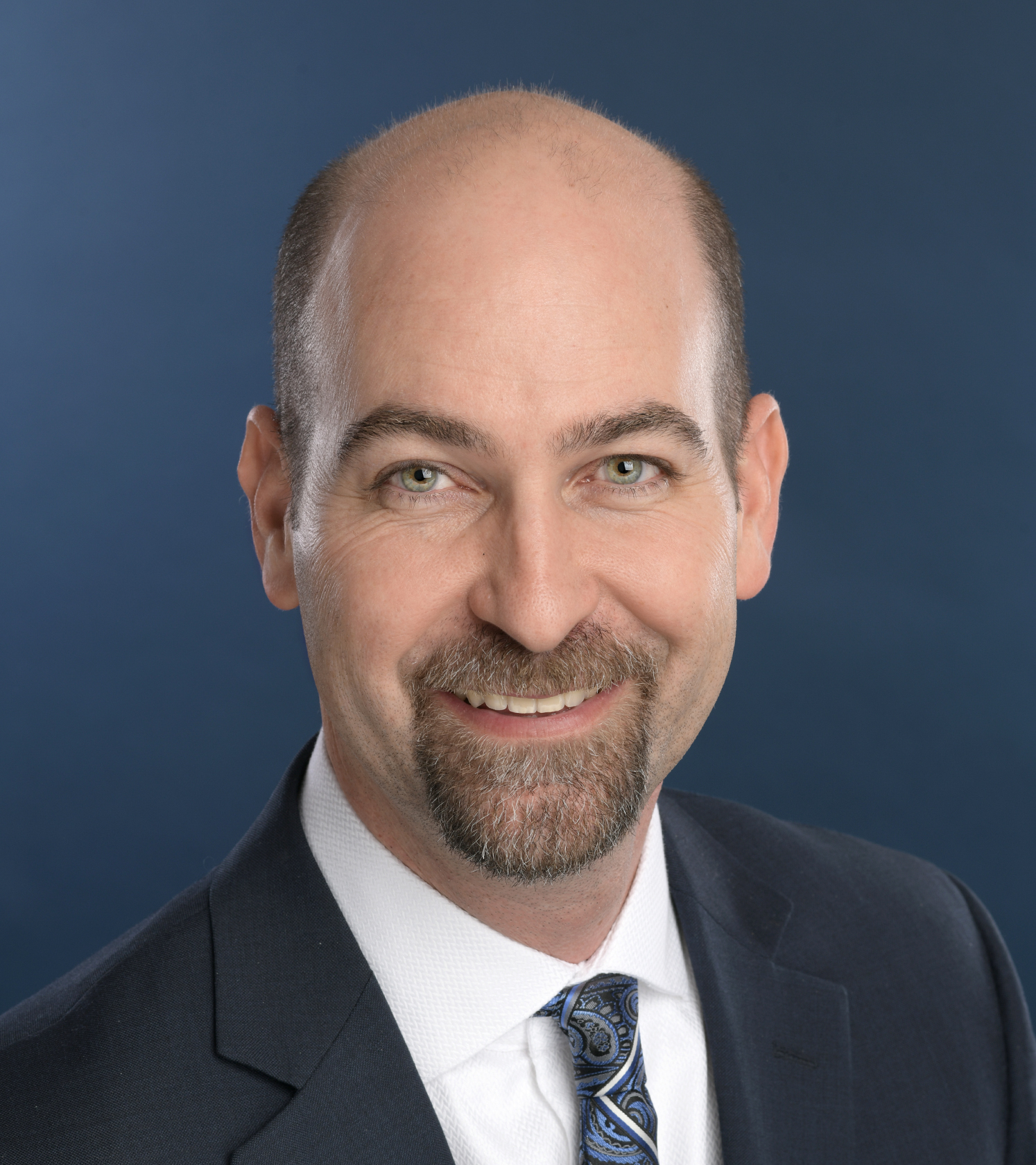
Ernest (E.J.) Rovella, a member of the first cohort of College of Health (COH) doctoral students, brings a wealth of healthcare business acumen to the PhD in Population Health program. Previously, he earned an MBA and a master’s in health finance and worked in healthcare administration for more than 20 years, most recently overseeing primary care services for St. Luke’s University Health Network. He pivoted to a new career in academia following the Covid-19 pandemic, desiring more flexibility with his family. Based in the Lehigh Valley already, he saw the College of Health as an exciting opportunity to attend a new college at a nationally ranked university, while staying close to home.
Three years into the program, Rovella researches administrative healthcare finances, quality and policy. Along with his advisor, Michael Gusmano, a professor of health policy in the department of population health and the inaugural Iacocca Chair, he has conducted a year-long research project in partnership with BAYADA Home Health Care. This project explores whether infants and small children with complex medical conditions have better health outcomes by receiving more intensive home health services instead of receiving care in the hospital.
Many of these children have been in the hospital for years, and despite being in the ICU, they do not require a high level of medical intervention. The pediatric patients remain in the ICU primarily because they rely on ventilators or require higher levels of respiratory support.
“This is a program to put ICU trained nurses in their homes, so they can get home,” he explained. “It’s part of a teaching transition to get parents and nurses trained, so that they can maintain that level of care. It’s not part of the normal system of doing this; it’s part of an innovation to improve the delivery of quality care.”
Rovella has taken the lead on interviewing BAYADA management and staff nurses, as well as the parents of patients. “A lot of the research that we’re doing is taking that insight and defining what quality is,” he said. “What’s a success? What’s the goal that you’re trying to accomplish? And highlighting the parent perspective of that, which is different from the administrative and the nursing perspective, is critical.”
Through these interviews, he has heard powerful statements from parents, some of whom express fear at the level of their child’s medical needs at home and receiving the same level of care. One father was afraid to hold his son, but the home-based nursing staff helped to make him and his other children feel comfortable enough to support the child.
“It brings a lot of human elements to what the quality of care is,” he shared. “Whereas what gets paid for is preventing the higher expenses of being in the hospital—that’s what quality outcome is as far as administrative and insurance perspectives—a quality outcome for a parent is being able to hold their child.”
There are many promising opportunities that could happen in healthcare, but often do not transpire because of the cost, he said. In this case, there is a financial motivation that benefits pediatric patients in a HICU program at the same time, creating meaningful change.
Rovella has been empowered to share his research and experiences as a Ph.D. student in the College of Health. He will be a featured speaker at the American Public Health Association (APHA) 2025 Annual Meeting and Expo. Taking place November 2-5 in Washington, D.C., this is the public health field’s most significant conference and brings together 12,000 professionals and partners from across disciplines to share knowledge, advancements, and policy suggestions. In a presentation titled, “Are We Measuring Quality? A Qualitative Assessment of Pediatric Home Intensive Care Unit (HICU®) Caregivers,” Rovella will be discussing the quality of healthcare from the patient’s perspective. In June, he presented some of his joint work with Gusmano on this project at the AcademyHealth Annual Research Meeting, focusing on the perspective of the nurses and the challenges of sustainability when providing this higher level of care at home.
At the 2025 APHA Annual Meeting and Expo, Rovella will also be presenting a poster on a quantitative study examining data at a patient level. The project investigates how organizational characteristics, such as hospital size or ownership status, impact how care gets delivered, with a particular focus on whether patients seen in the emergency department are ultimately admitted.
Back at Lehigh, along with computer science Capstone students and Creative Inquiry Impact Fellows, Rovella is also developing a project on healthcare transparency, “HealthCost Unlocked: Demystifying Medical Bills.” They are building an AI-powered platform designed to decode medical bills. Bills and explanation of benefits are intentionally difficult to understand, he said, as the lack of transparency benefits companies financially.
“Lehigh has provided me with a stepping stone to take my prior knowledge, experiences and insights and combine them with newfound intellectual means toward unlocking potential improvements in healthcare delivery,” said Rovella. “The faculty, academic resources and student collaborations have helped open an extraordinary measure of new professional opportunities.”
Rovella anticipates receiving his Ph.D. in population health in 2026 and will be incorporating his findings from the BAYADA study into his dissertation. He looks forward to teaching the future leaders in healthcare administration, he said.
Experiential learning is a hallmark of the Ph.D. program. To learn more about the College of Health doctoral program, click here.